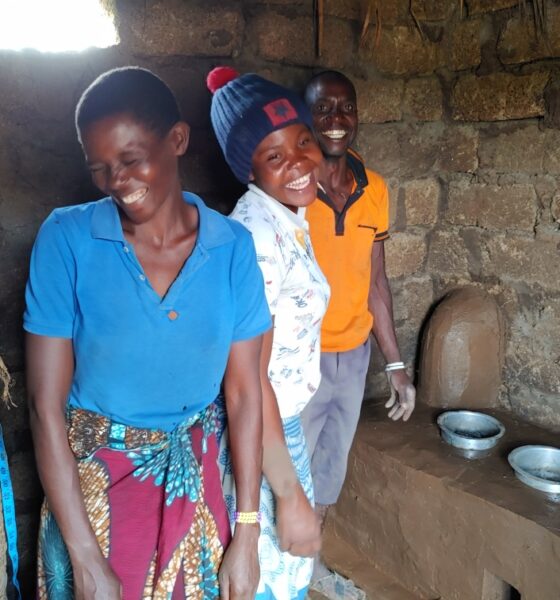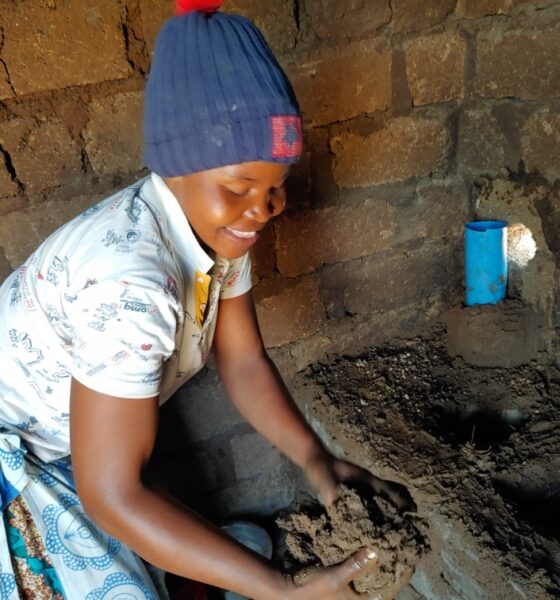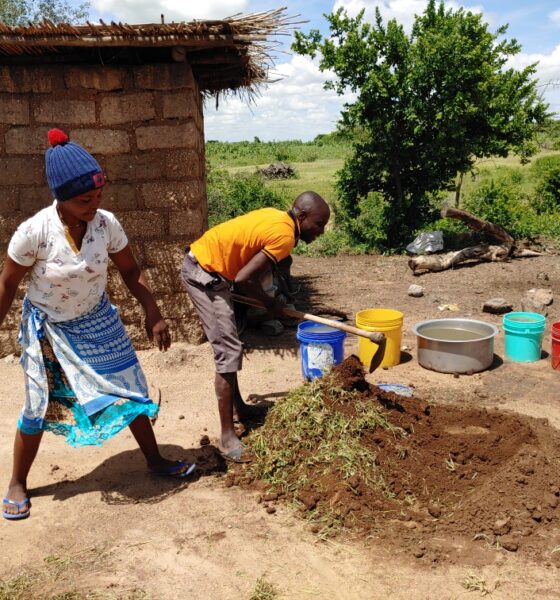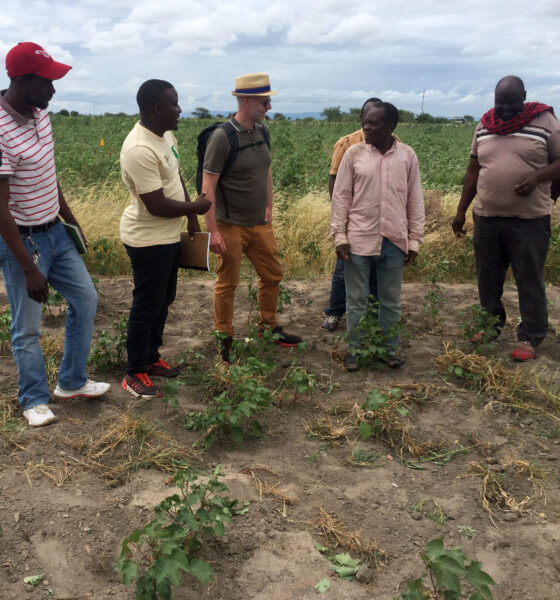
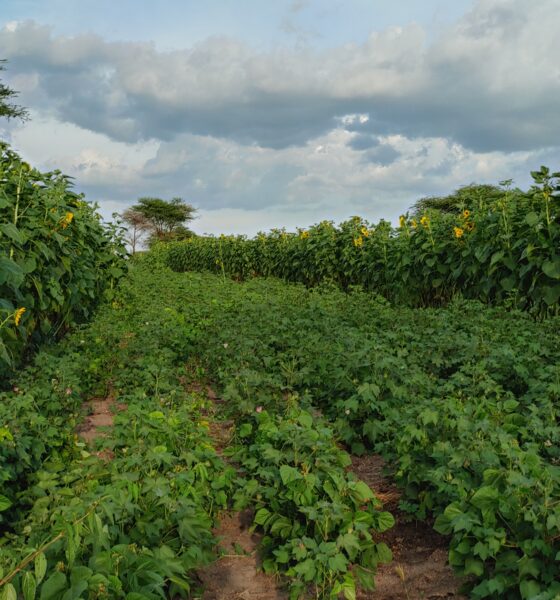
On site by Remei Tanzania and cooperating farmers
VISIT TO MWANJOLO FARMERS IN THE THREE-YEAR CONVERSION PHASE TO ORGANIC FARMING
The farmers in Mwanjolo village converted from conventional to organic farming only last season and are still in the three-year conversion phase, which demands a lot from the farmers. Remei deliberately supports the farmers in this phase by paying an additional premium and providing know-how on organic farming.
During his visit to Mwanjolo, Remei Supply Chain Manager Markus Kunz meets Kulwa Kudema, who represents the cooperating farmers in the village. When asked what motivated the farmers in the village to switch to organic farming and cooperate with Remei Tanzania, Kulwa Kudema explains:
“The decisive factor for the new cooperation with Remei Tanzania is that we receive advice and support in organic farming – all year round. In this way, we can constantly optimise our cultivation methods and hope for a larger harvest yield and higher income. “
With a team of about 80 staff, Remei Tanzania supports about 1,800 cooperating contract farmers from 32 villages in Meatu and Maswa districts from tilling the fields to harvesting the organic cotton.
Sunflowers and organic cotton: a good mix
The fields in Meatu and Maswa are interplanted with rows of sunflowers this season. The sunflowers attract the main pest (the bollworm), thus preventing the pest from attacking the cotton. In addition, insect traps made of sugarcane molasses are used to attract moths of the main pest.
Insetting in our own supply chain
REMEI OFFSETS C02 EMISSIONS FROM INDUSTRIAL TEXTILE PRODUCTION AT THE BEGINNING OF ITS OWN SUPPLY CHAIN: IN TANZANIA, REMEI FINANCES LOW-SMOKE, EFFICIENT STOVES THAT REQUIRE LESS FIREWOOD
Supply Chain Manager Markus Kunz has been accompanying this project for more than ten years – and during his visit in April, he took the opportunity to visit stove builder Monika Paul ( in the centre of the photo) and accompany her for a day.
The demand for efficient stoves is still high in Tanzania and very much appreciated in the farming communities. The stoves are built exclusively from local materials, from earth and grasses.
